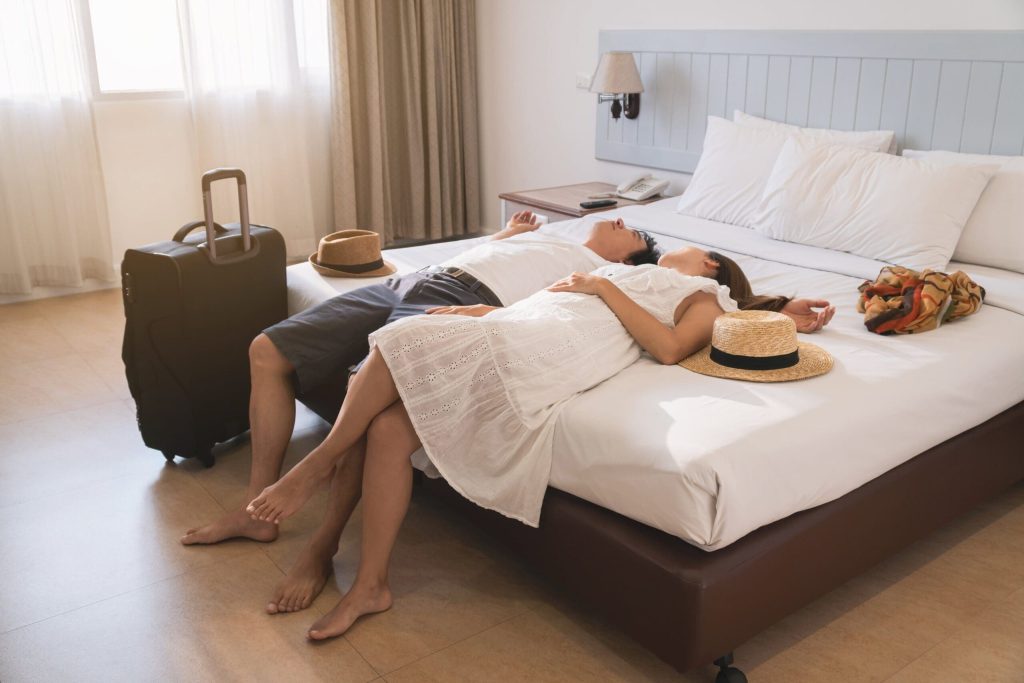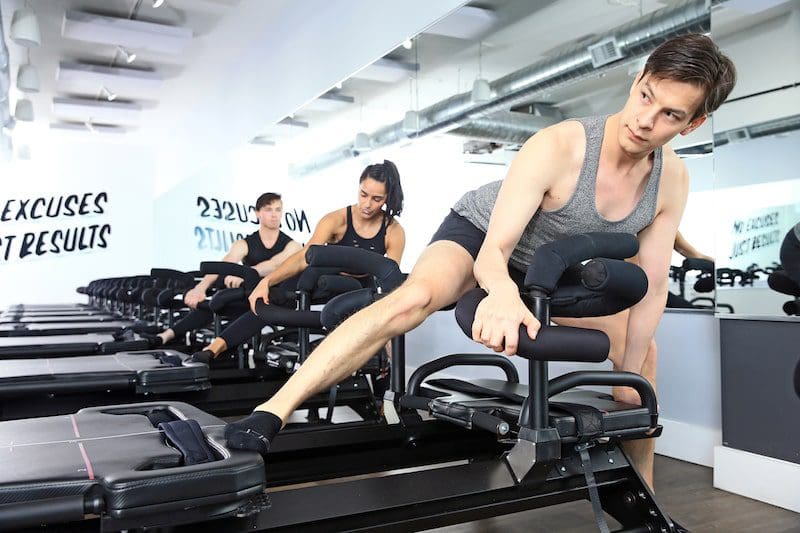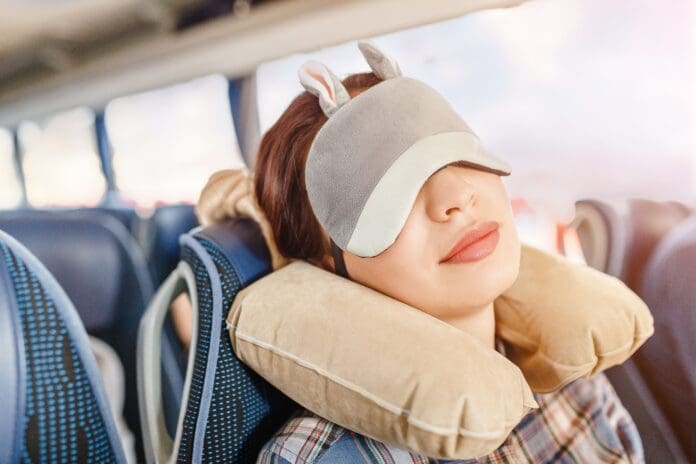Traveling is an exciting adventure that allows us to explore new places, experience different cultures, and create lifelong memories. However, the joy of travel can sometimes be overshadowed by fatigue and disrupted sleep patterns, especially when crossing time zones or dealing with long flights. Whether you’re a seasoned traveler or embarking on your first journey, learning how to boost your energy levels and ensure restful sleep while on the move is crucial for making the most of your adventures.
In this comprehensive guide, we’ll delve into effective strategies and practical tips to help you maintain high energy levels and enjoy quality sleep during your travels. From pre-trip preparations to in-flight routines and adjusting to new time zones, we’ll cover everything you need to know to stay refreshed and rejuvenated throughout your journey.
The Benefits of Using Blue Light Glasses
Blue light glasses have gained popularity as a tool to alleviate digital eye strain and improve sleep quality. These glasses are designed to filter out a portion of the blue light emitted by screens, such as computers, smartphones, and tablets. By reducing exposure to blue light, which can disrupt our natural sleep-wake cycle and cause eye discomfort, blue light glasses aim to provide a more comfortable and visually relaxed experience during prolonged screen use, professionals from blockbluelight.com.au explain. Many people find that wearing blue light glasses helps reduce eye fatigue, headaches, and glare associated with screen time, especially in the evening hours.
While the scientific evidence regarding the effectiveness of blue light glasses is still evolving, many users report positive results in terms of reduced eye strain and improved sleep patterns. It’s important to note that blue light glasses should complement, not replace, healthy screen habits and proper sleep hygiene practices.
Pre-Trip Preparations
Prioritize Sleep Before Your Trip: One of the best ways to ensure you start your journey with ample energy is by prioritizing sleep in the days leading up to your departure. Aim for 7-9 hours of quality sleep each night to build up your energy reserves.
Establish a Sleep Routine: Stick to a consistent sleep schedule even before you start traveling. Going to bed and waking up at the same time each day helps regulate your body’s internal clock and makes adjusting to new time zones easier.
Pack Smart: Include travel essentials like a comfortable travel pillow, noise-canceling headphones, and an eye mask in your luggage. These items can create a comfortable sleep environment, especially during long flights or train rides.
Stay Hydrated and Eat Well: Proper hydration and nutrition play a significant role in your energy levels and overall well-being. Drink plenty of water and opt for nutritious meals and snacks rich in fruits, vegetables, lean proteins, and whole grains.
In-Flight Strategies
Choose Comfortable Clothing: Wear loose, breathable clothing and comfortable shoes for your journey. Avoid tight or restrictive clothing that can impede circulation and disrupt your comfort during long flights.
Create a Sleep-Friendly Environment: Make your seating area conducive to sleep by adjusting your seat position, using pillows or blankets for support, and dimming the overhead lights if possible. Consider using a sleep mask and earplugs to block out noise and light.
Stay Active During Layovers: If you have layovers during your journey, use that time to stretch your legs, walk around the airport, and get some fresh air. Physical activity helps combat fatigue and promotes better sleep.
Limit Screen Time: Reduce screen time on electronic devices, especially close to bedtime. The blue light emitted by screens can interfere with your body’s natural sleep-wake cycle, making it harder to fall asleep.
Adjusting to Different Time Zones
Gradually Adjust Your Sleep Schedule: If you’re traveling across multiple time zones, start adjusting your sleep schedule a few days before your trip. Go to bed and wake up slightly earlier or later each day to align with your destination’s time zone.
Get Sunlight Exposure: Natural light is a powerful regulator of your circadian rhythm. Spend time outdoors during daylight hours upon arrival at your destination to help your body adjust to the new time zone.
Avoid Excessive Napping: While a short nap can be refreshing, avoid long naps during the day, especially if you’re trying to acclimate to a new time zone. If you must nap, keep it brief and early in the day to avoid disrupting nighttime sleep.
Consider Melatonin Supplements: Melatonin is a hormone that helps regulate sleep-wake cycles. Consult with a healthcare professional before using melatonin supplements, but they can be beneficial for adjusting to new time zones and promoting sleepiness at the appropriate times.

Traveling is an incredible opportunity to expand your horizons, discover new cultures, and create unforgettable memories. By implementing the strategies outlined in this guide, you can boost your energy levels, improve sleep quality, and make the most of every moment during your travels. Remember to prioritize self-care, stay hydrated, eat well, and listen to your body’s signals to ensure a rejuvenating and fulfilling travel experience. Bon voyage and enjoy your journey!


























